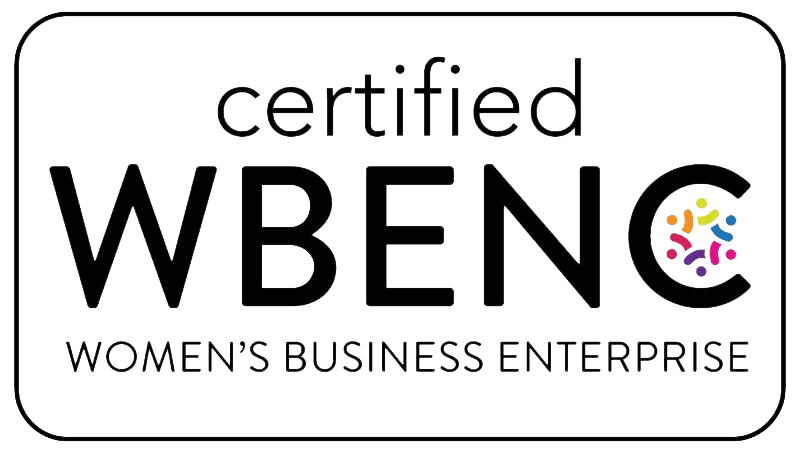Why Personalized Learning Matters in Your Organization
In today’s rapidly changing world, businesses and organizations must continually adapt to stay competitive. A key part of this adaptation is investing in the growth and development of employees. However, traditional, one-size-fits-all training programs often fall short of engaging learners or meeting their unique needs. Enter personalized learning—a game-changing approach that tailors educational experiences to the individual.
Personalized learning is more than a buzzword. It’s a strategic framework designed to maximize both engagement and skill development. By meeting employees where they are and aligning training to their specific roles, goals, and learning preferences, organizations can unlock their teams’ full potential. Here’s why personalized learning matters and how implementing it can transform your workplace.
The Power of Relevance
Imagine being handed a training manual that has little to do with your daily responsibilities. Frustrating, right? Unfortunately, this scenario is all too common. Generic training content can feel irrelevant and waste valuable time, leaving employees disengaged.
Personalized learning flips this script. By leveraging tools like assessments, analytics, and feedback loops, organizations can craft learning paths that address the unique challenges and opportunities faced by each employee. This relevance fosters deeper engagement because employees can immediately see how the training applies to their roles and how it helps them grow.
For example, an entry-level employee in marketing may need foundational training in digital tools, while a senior marketer might focus on advanced analytics or leadership development. Personalized learning ensures that both individuals receive the training they need to thrive, without wading through irrelevant material.
Enhancing Skill Development
Personalized learning also accelerates skill development. Traditional training often moves at a set pace, which can leave some learners struggling to keep up while others become bored. Tailored programs allow learners to progress at their own speed, reinforcing concepts they find challenging and moving quickly through areas where they already excel.
This self-directed approach builds confidence and ensures mastery, which can translate into better on-the-job performance. Moreover, personalized learning fosters a culture of continuous improvement. Employees become active participants in their growth journeys, seeking out learning opportunities that resonate with their personal and professional goals.
Boosting Employee Engagement
Engaged employees are the lifeblood of any successful organization. They’re more productive, motivated, and likely to stay with the company. Personalized learning contributes to engagement by demonstrating that the organization values each employee’s unique contributions and is invested in their development.
When employees feel seen and supported, they’re more likely to take ownership of their work. Personalized learning also provides an opportunity for meaningful feedback. Employees can track their progress, celebrate milestones, and feel a sense of accomplishment as they gain new skills.
Embracing Technology for Personalization
Thanks to advancements in technology, implementing personalized learning is more achievable than ever. Learning management systems (LMS) and artificial intelligence (AI) can analyze employee performance data and recommend tailored content. Gamification elements, microlearning modules, and virtual simulations provide diverse ways to engage learners and accommodate different learning styles.
For example, an employee who thrives on visual learning might engage with video tutorials or infographics, while someone who prefers hands-on practice could benefit from interactive simulations. With technology, organizations can seamlessly deliver content in a way that resonates with every individual.
Getting Started
Transitioning to a personalized learning model doesn’t happen overnight, but the benefits are well worth the effort. Here are some steps to get started:
1. Assess Needs: Conduct a skills gap analysis to identify where training is needed most.
2. Set Goals: Define clear objectives for your personalized learning program, such as boosting productivity or improving specific skills.
3. Leverage Technology: Invest in a robust LMS or e-learning platform that supports customization and analytics.
4. Gather Feedback: Engage employees in the design process by asking for input on their preferred learning styles and goals.
5. Iterate and Improve: Continuously refine your program based on employee feedback and performance data.
The MYCA Learning Advantage
At MYCA Learning, we specialize in creating personalized learning experiences that drive results. Our innovative solutions empower organizations to meet employees where they are, providing the tools and support needed for meaningful growth.
By tailoring learning paths to individual needs, you can create a workplace culture where growth feels relevant, impactful, and aligned with organizational goals. Let’s work together to design a personalized learning program that transforms your workforce and takes your organization to new heights.
Personalized learning isn’t just the future—it’s the now. Are you ready to make it happen? Contact MYCA Learning today to start your journey.


